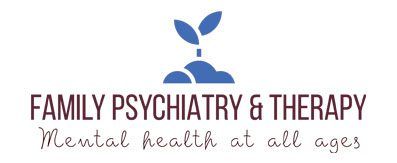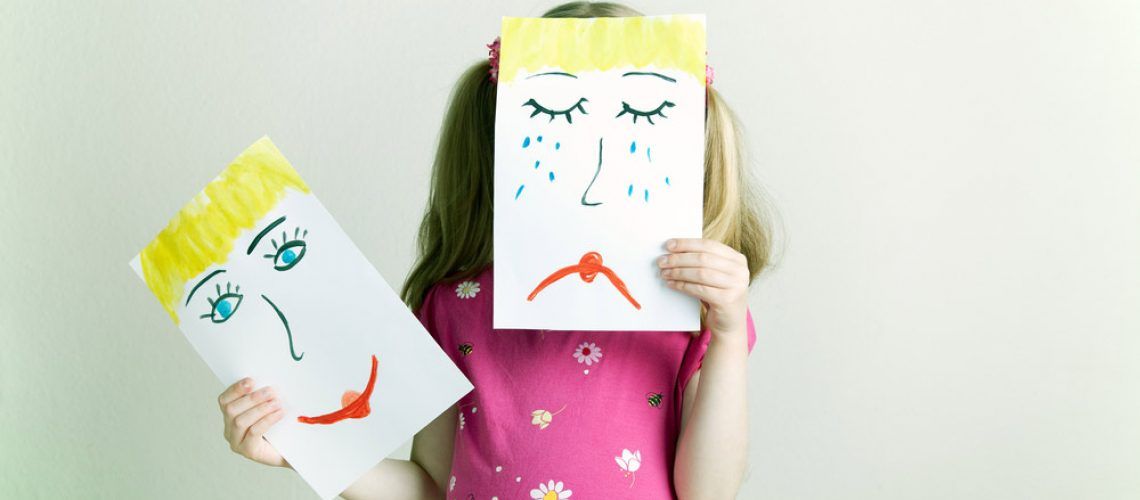Obsessive-Compulsive Disorder (OCD) is a chronic and long-lasting personality disorder in which a person has uncontrollable, recurring obsessive thoughts. People who suffer from OCD will often try and alleviate their unwanted and stressful thoughts by compulsively performing tasks repeatedly. The symptoms that accompany OCD can interfere with all aspects of life, such as work, school, and personal relationships. Currently, there is no cure for OCD, which is why it is classified as a chronic health condition. However, a person with OCD can learn how to manage his or her condition with proper treatment.
For parents, detecting that a child has OCD can be difficult as to the untrained eye some of the symptoms associated with OCD may appear to be short-term behavioral issues. Making it more difficult, children with OCD struggle to articulate how they’re feeling and thinking and will sometimes try and mask their thoughts in fear of getting in trouble. If parents suspect that their child may have OCD, it’s important to be patient and to see a specialist for diagnosis.
Does My Child Have OCD?
If your child is having repeated thoughts or fixations, exhibiting compulsive behaviors, or both, they may have OCD.
Some of the repeated thoughts that a child with OCD may experience include:
- A fear of germs or contamination.
- Unwanted forbidden or taboo thoughts involving sex, religion, and bodily harm.
- Aggressive feelings towards others or themselves.
- Having a heightened desire or requirement to keep things symmetrical or in a perfect order.
- Seeking reassurance from someone in their environment that others aren’t sick or dirty.
Some of the compulsive behaviors that a child with OCD may exhibit include:
- Excessive cleaning and handwashing.
- Ordering and arranging things in a particular, precise way.
- Repeatedly checking on things.
- Compulsive counting.
- Avoiding large crowds or open spaces.
- Avoiding using public restrooms.
- Fear or avoidance to engage in physical activity or play with other children.
It’s important to keep in mind that many children can have habits or rituals that may be similar to those consistent with OCD, that do not constitute as OCD. If your child is very tidy and double checks all of their homework for errors, that shouldn’t be confused with OCD. A child with OCD will expend an exorbitant amount of time to ensure things are tidy or that their homework features no mistakes. If your child is exhibiting behavior that you suspect to derive from OCD, ask yourself if that behavior is demonstrably affecting their life. In the case of OCD, a child’s life is greatly affected by their disorder.
What Causes OCD?
Unfortunately, the cause of OCD is unknown. Significant amounts of research have been dedicated to discovering the cause of OCD but to no avail. Some of the studies suggest that both environmental and genetic factors may play a role in the likelihood that a child has OCD, but nothing definitive has been found. A child with a genetic relation to someone with OCD does possess a slightly increased risk of themselves developing OCD, however.
OCD at School
Symptoms of OCD may be obvious at school due to the wide number of stress factors present in a school environment. A child may be able to mask their symptoms at home in a controlled and safe environment, but at school with dozens of other children and a list of tasks to accomplish, the symptoms may make an appearance, or be more severe. Children with OCD will often struggle at school academically, socially, emotionally, or behaviorally. In some cases, the struggles at school will be the source of detecting the presence of OCD.
If your child has been diagnosed with OCD, there are pros and cons for informing the school they attend. You’ll need to weigh the benefits of having your child’s teacher understand and support your child’s symptoms against privacy and other concerns. Some teachers and schools may be informed to a greater or lesser extent about what OCD is and how they can assist your child’s ability to function in a school environment. Some parents may need to play an active role in educating school personnel about OCD.
Treating OCD in Children
Most cases of OCD are treated with medication, psychotherapy or a combination of the two. Although most patients with OCD respond to positively to treatment, some patients continue to experience symptoms. Sometimes people with OCD have a combination of mental disorders, such as anxiety, depression, ADHD, and body dysmorphic disorder, which will alter the treatment approach. It is important to consider these other disorders when making decisions about treatment. Having your child see a mental health professional is strongly advised if you suspect they may have a personality disorder.
Diagnose and Treating OCD at Family Psych of North Jersey
If your child is displaying some of the symptoms consistent with OCD, bring them to see our highly experienced and dedicated team of mental health professionals. Through treatment, your child’s symptoms can be mitigated to a comfortable and manageable level. Once your child is able to manage their OCD, dealing with the stresses of school can be made much easier. Contact us today to schedule an appointment for your child.
Want to learn more about OCD? Discover 7 strategies for coping with OCD.



